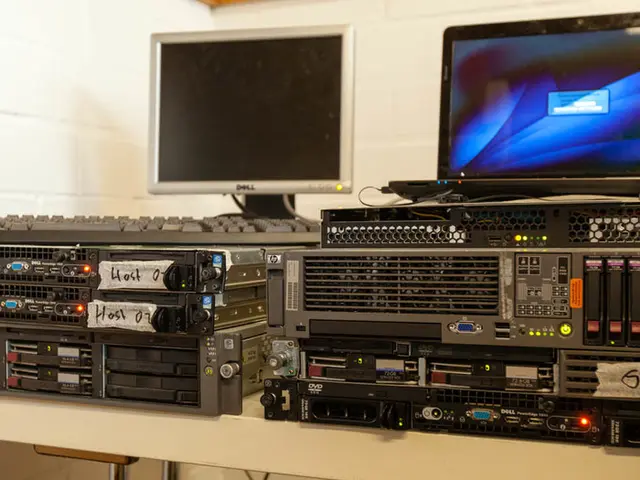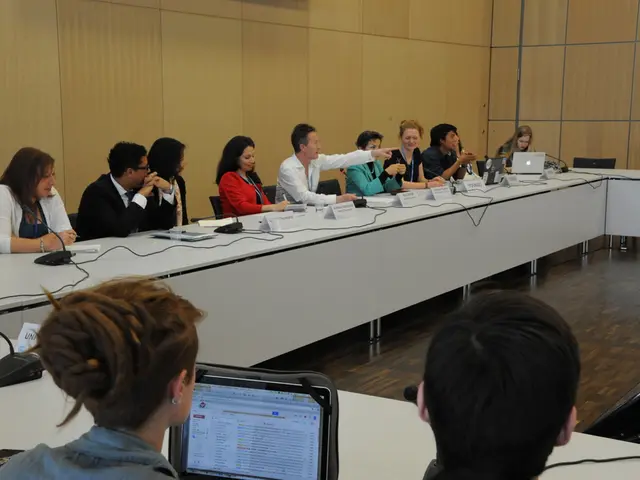21st Century Workforce Revolution: Time for Action - Redefining the Employee-Employer Agreement in the Gig Economy
In the rapidly evolving landscape of work, a new social contract is being proposed to address the challenges posed by the platform economy. This contract aims to secure work protections, reclassify platform labor appropriately, and foster solidarity and cooperation to navigate the digital and gig economies.
The platform economy, where digital applications connect workers with employers, has enabled new ways of working and opportunities. However, it has also reshaped labor markets and disrupted traditional employment relations, leaving many platform workers without adequate security or benefits.
Existing labor laws, tax systems, and welfare protections are mostly designed for full-time, employer-employee relationships. This leaves a gap in the social contract for work, as these protections often do not extend to independent contractors and gig workers.
A key aspect of this new social contract involves reconceptualizing work classification. Platform work does not fit neatly into traditional categories like employee or self-employed, necessitating new legal and policy frameworks that balance flexibility with protection.
Enhancing work security is another critical component. Given the precariousness of much platform work, there is a demand for improved income smoothing mechanisms, access to social security, and portable benefits that are decoupled from single employers.
Adapting social protections is also essential. As the traditional employer-employee bundle of protections unbundles, there is a push to rebuild support systems that can cater to a workforce increasingly made up of independent contractors and gig workers, possibly through collective arrangements or network-level coordination.
Beyond the workplace, this new contract aligns with broader social goals of dignity, equity, and justice. It calls for cooperation at regional and global levels to address interconnected challenges such as trade reform, climate crisis, and human rights.
Philosophically, this endeavor builds upon the foundational ideas of social contract theory, which historically framed the agreement between individuals and the state for mutual benefit and protection. Rousseau emphasized freedom through collective will for the common good and equality, principles that resonate in advocating for collective frameworks to govern modern work relations and ensure fairness.
In summary, the 21st century’s social contract for work in the platform economy should redefine relationships between workers, platforms, and society by securing work protections, reclassifying platform labor appropriately, and fostering solidarity and cooperation to address the challenges of digital and gig economies. The report aims to drive this debate, focusing on work and security in the platform era, and ensuring that all workers, regardless of the form of work, have adequate social protection. Governments, employers, and social partners are called to redesign society to ensure secure and sustainable work for all.
Technology plays a crucial role in the platform economy, connecting workers with employers and enabling new ways of working. However, the lack of adequate technology solutions for issues such as income smoothing, social security, and portable benefits exacerbates the precariousness of platform work.
To bridge the gap in social protections for independent contractors and gig workers, there is a need to develop and implement tech-driven solutions that can promote greater work security and facilitate collective arrangements or network-level coordination among these workers.




